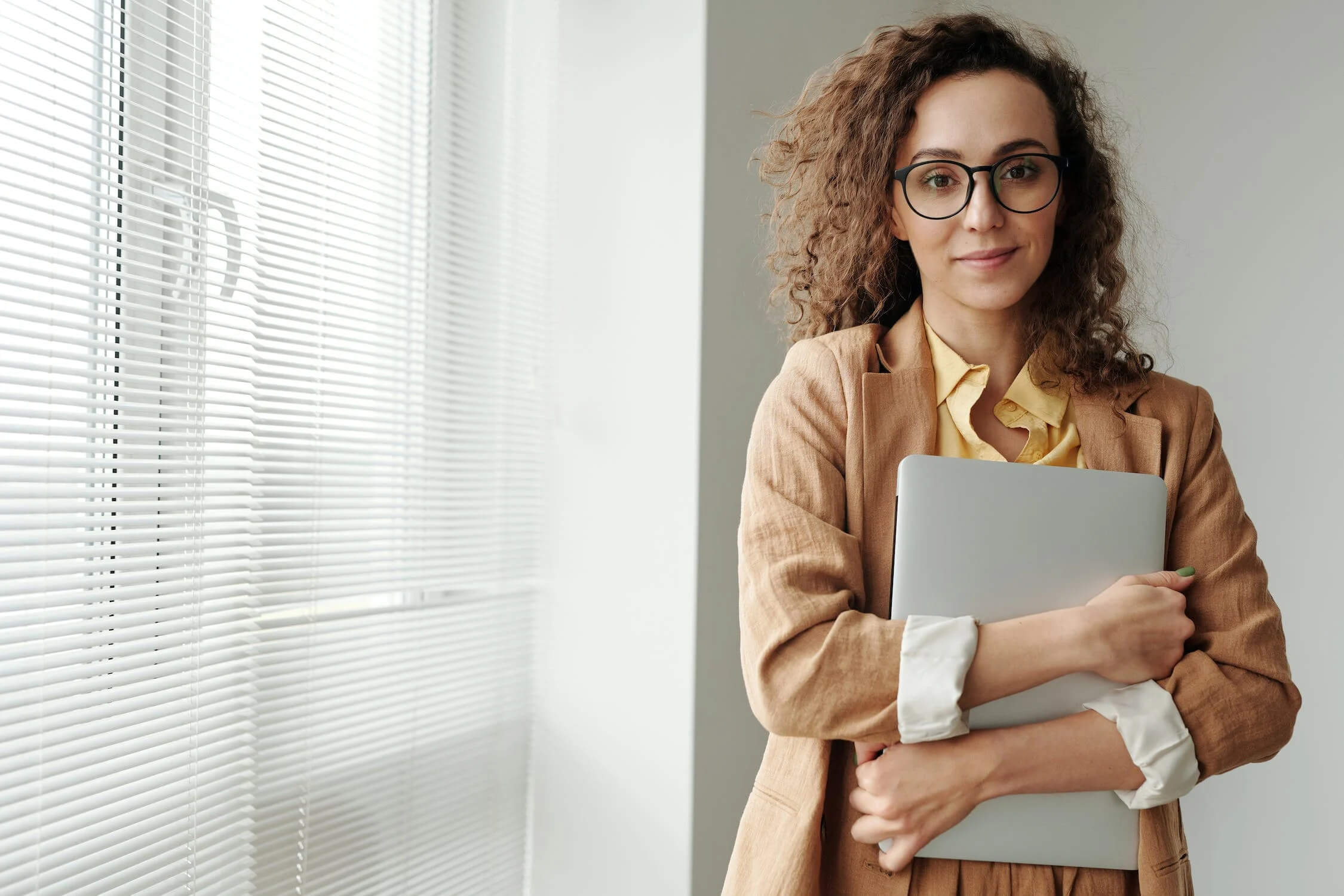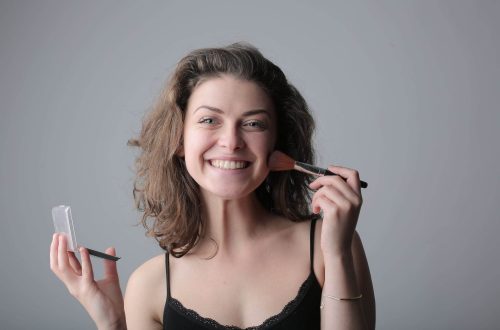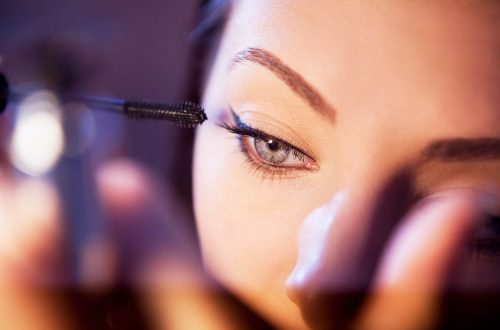Does Makeup Increase Your Confidence?
Makeup has been an integral part of human civilization for centuries. From ancient civilizations to the modern world, people have used cosmetics to enhance their appearance and express themselves creatively. Beyond its aesthetic benefits, many individuals claim that makeup boosts their confidence. But does makeup really have the power to increase self-assurance? In this blog post, we will explore the relationship between makeup and confidence, examining both the psychological and societal factors that contribute to this connection.

1. Enhancing Physical Appearance:
- Makeup allows individuals to enhance their natural features, concealing imperfections and highlighting their favorite attributes.
- The process of applying makeup can be therapeutic, giving individuals a sense of control over their appearance and boosting their self-esteem.
- By improving physical appearance, makeup can provide a sense of confidence and empowerment, as people feel more attractive and presentable.
2. Psychological Effects:
- Makeup has the potential to transform one’s self-perception and mindset. When individuals perceive themselves as more attractive, they tend to feel more confident and self-assured.
- Applying makeup can serve as a form of self-expression, allowing individuals to experiment with different styles and reflect their personalities.
- Wearing makeup can create a psychological barrier between an individual and the outside world, providing a shield of confidence and self-assurance.
3. Social Perception:
- Society often associates makeup with professionalism and competence, particularly in certain industries like fashion, entertainment, and beauty.
- Wearing makeup can positively influence how others perceive an individual, leading to increased confidence in social interactions.
- The societal pressure to conform to beauty standards can make individuals feel inadequate without makeup, leading to a reliance on cosmetics to boost their confidence.
4. Cultural Factors:
- The relationship between makeup and confidence can vary across cultures. Some cultures embrace minimalistic beauty standards, while others place a strong emphasis on elaborate makeup routines.
- Cultural norms and expectations play a significant role in determining how individuals perceive themselves and their confidence levels with or without makeup.
- Cultural shifts and changing beauty ideals can impact an individual’s confidence and self-assurance, as they may feel pressure to adapt to new trends and styles.
5. The Importance of Self-Acceptance:
- While makeup can enhance one’s appearance and potentially boost confidence, it is crucial to emphasize the importance of self-acceptance and inner confidence.
- Relying solely on external factors like makeup for confidence may create an unsustainable mindset and hinder personal growth.
- Building confidence from within, and embracing one’s unique features and strengths, are essential for long-lasting self-assurance.
Conclusion:
Makeup can undoubtedly have a significant impact on an individual’s confidence levels. By enhancing physical appearance, providing a sense of control, and influencing social perception, makeup has the potential to boost self-assurance. However, it is essential to remember that confidence should not solely rely on external factors like cosmetics. Cultivating inner confidence, self-acceptance, and embracing one’s unique qualities are equally important. Ultimately, makeup can be a tool for self-expression and enhancement, but true confidence lies in embracing and celebrating our authentic selves, with or without makeup.
Subscribe to Newsletter





